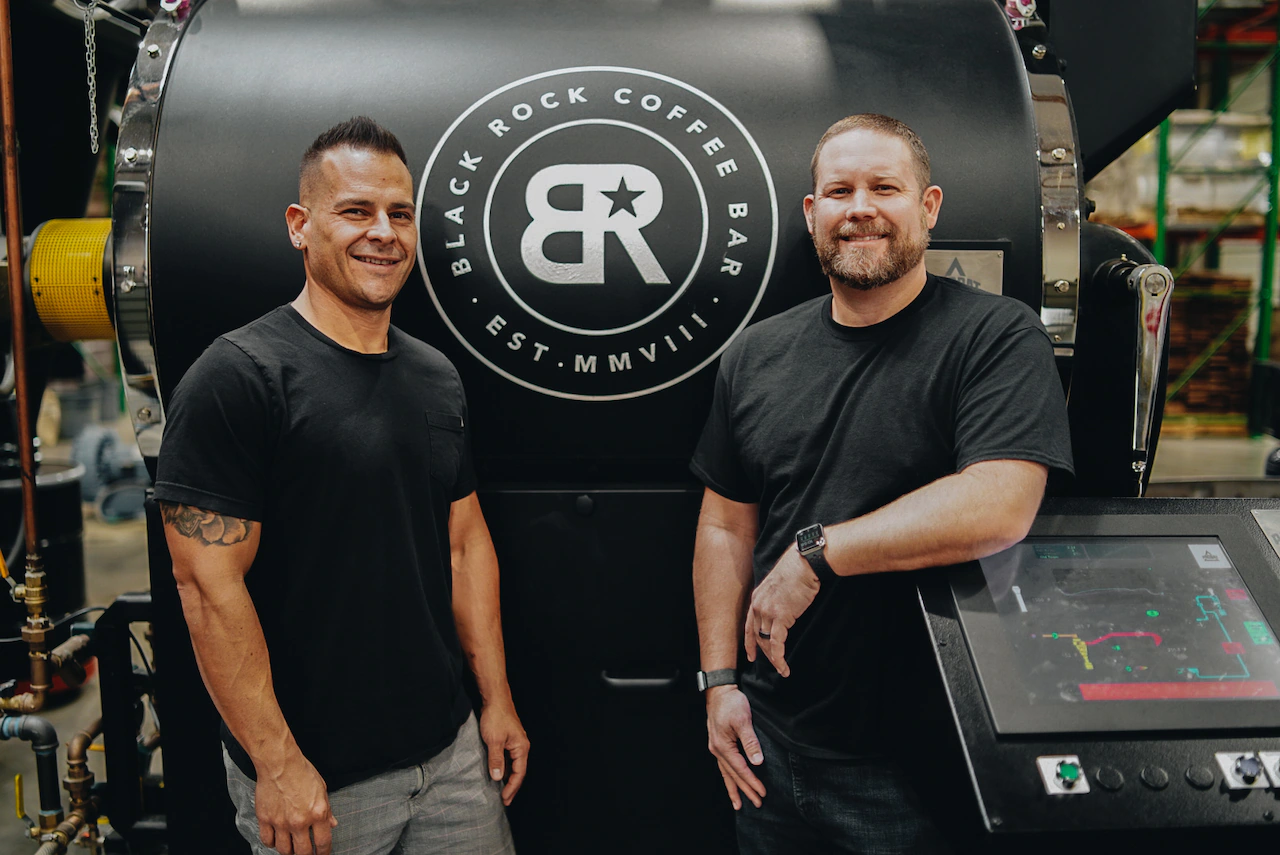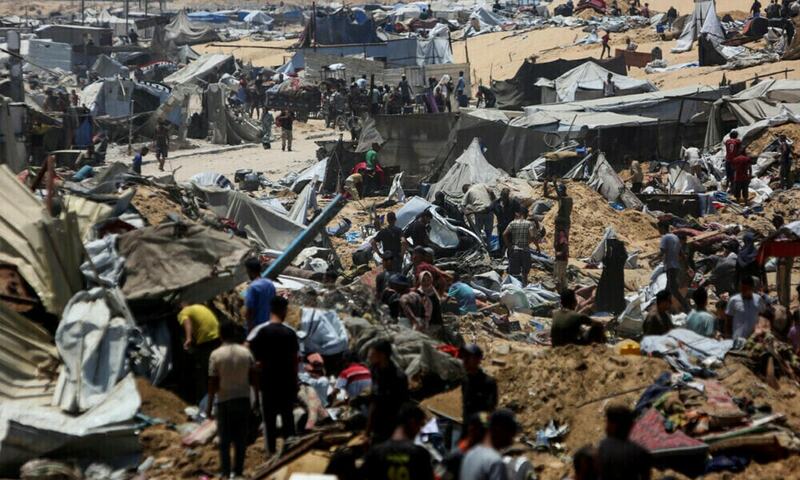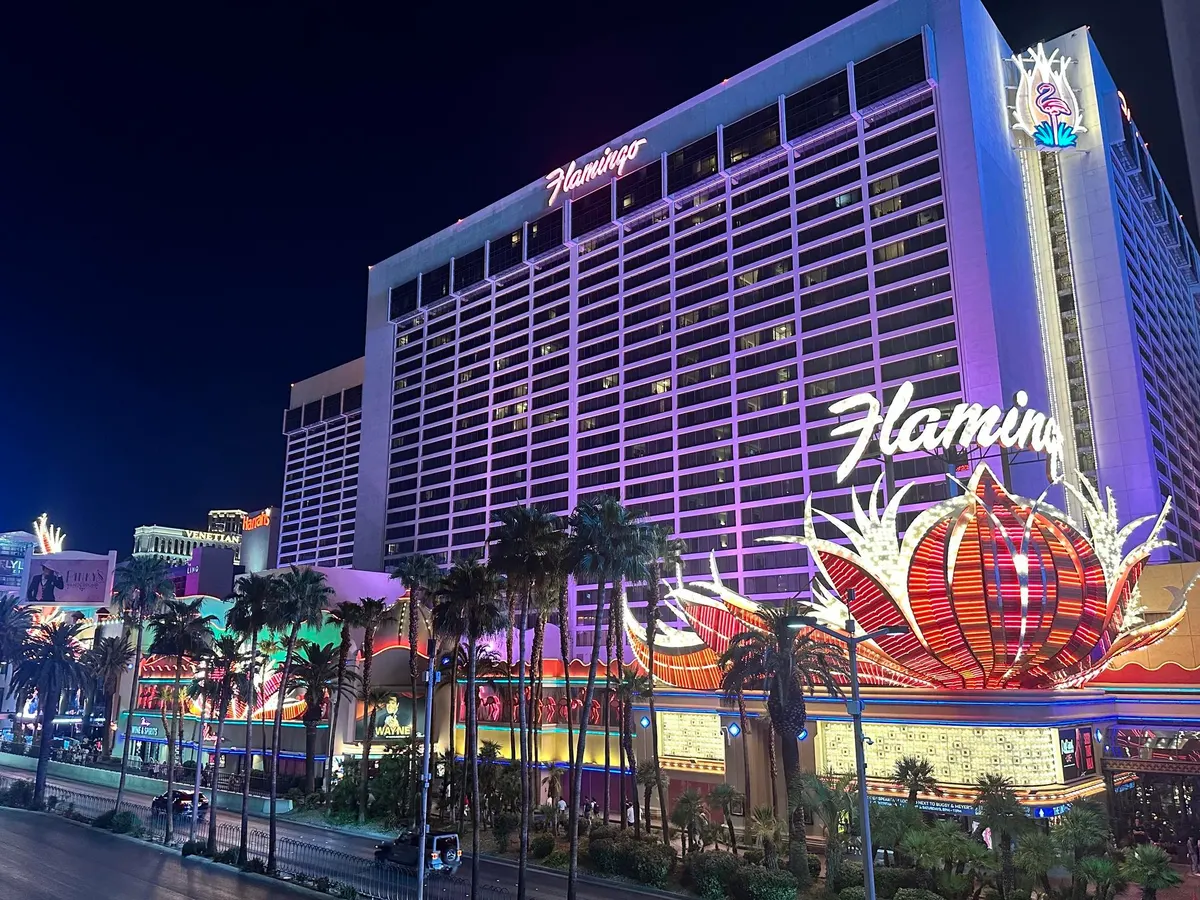
For many busy people, coffee is a means to an end — a jolt of caffeine to get them on their way. Black Rock Coffee Bar hopes that’s just the beginning for its customers, aiming to develop a variety of stores and full menu of drinks to lure customers in throughout the day and all week long.
The chain’s busiest time of day is after the morning rush, between 9 a.m. and noon, and Saturday is its busiest day of the week.
“One person comes in on their way to work, one might come in bringing the kids, and then they come in as a family on the weekends,” said Daniel Brand, who co-founded the chain 17 years ago with a single drive-thru in Aloha.
Black Rock now has 158 locations in seven states. Its sales topped $160 million last year and the chain aims to grow the number of stores by 20% annually for the foreseeable future.
The company’s initial public offering last week raised nearly $300 million for Black Rock and valued the business at more than $1 billion as investors bet on its potential, even in a crowded market. It trades on the Nasdaq exchange under the ticker symbol BRCB.
Black Rock aims to thrive with a range of drinks and a mix of drive-thrus and full-service coffeeshops. Coffee remains a fiercely competitive business and Black Rock recorded a $7 million loss last year, typical of young companies trying to grow rapidly. The chain competes against the established leader, Starbucks, and emerging businesses such as Dutch Bros — a fast-growing chain that started in Oregon like Black Rock.
But while Dutch Bros caters to younger customers, and features highly caffeinated cold energy drinks, hot coffee remains Black Rock’s biggest seller. In fact, the chain says half its customers are between the ages of 35 and 54, and nearly two-thirds make more than $100,000 a year. Those are enviable numbers for any business. Black Rock says its customers tend to be a little more grown up.
“I think that’d be a fair assessment for someone to make,” according to Jeff Hernandez, Brand’s co-founder and brother-in-law (they’re married to two sisters.)
Black Rock aims to carve out its niche by customizing store formats and drinks. Its early years, operating in small drive-thrus in suburban Portland, taught its founders to throw out their preconceptions about coffee preferences and to pay close attention to what customers value, Hernandez said.
“One of the things we really did learn is to be adaptable,” said Hernandez, Black Rock’s chairman. “You want to come through the drive-thru, great. If you want a lobby and a more personalized homey experience, that’s great.”
After an initial burst of growth around Portland, Black Rock’s focus turned to larger states in the Southwest. More than half its stores are in Texas and Arizona and the company put its headquarters in the Phoenix suburbs, where Brand now lives.
The chain still has a roastery in Vancouver and its top finance executives are in Lake Oswego. Hernandez lives in Bend.
Black Rock’s recent growth and path from Oregon to Arizona invites comparisons to Dutch Bros, which is considerably bigger — with a little more than 1,000 drive-thrus, and well over $1 billion in revenue — and which moved its headquarters to the Phoenix area earlier this year.
The Black Rock name comes from a beach in Maui, but the founders say it didn’t have any particular meaning for them back in 2008. Rather, they say they chose a name that felt fresh to them.
“We just wanted to kind of do something different, and, if we were successful, give it meaning,” Hernandez said.



